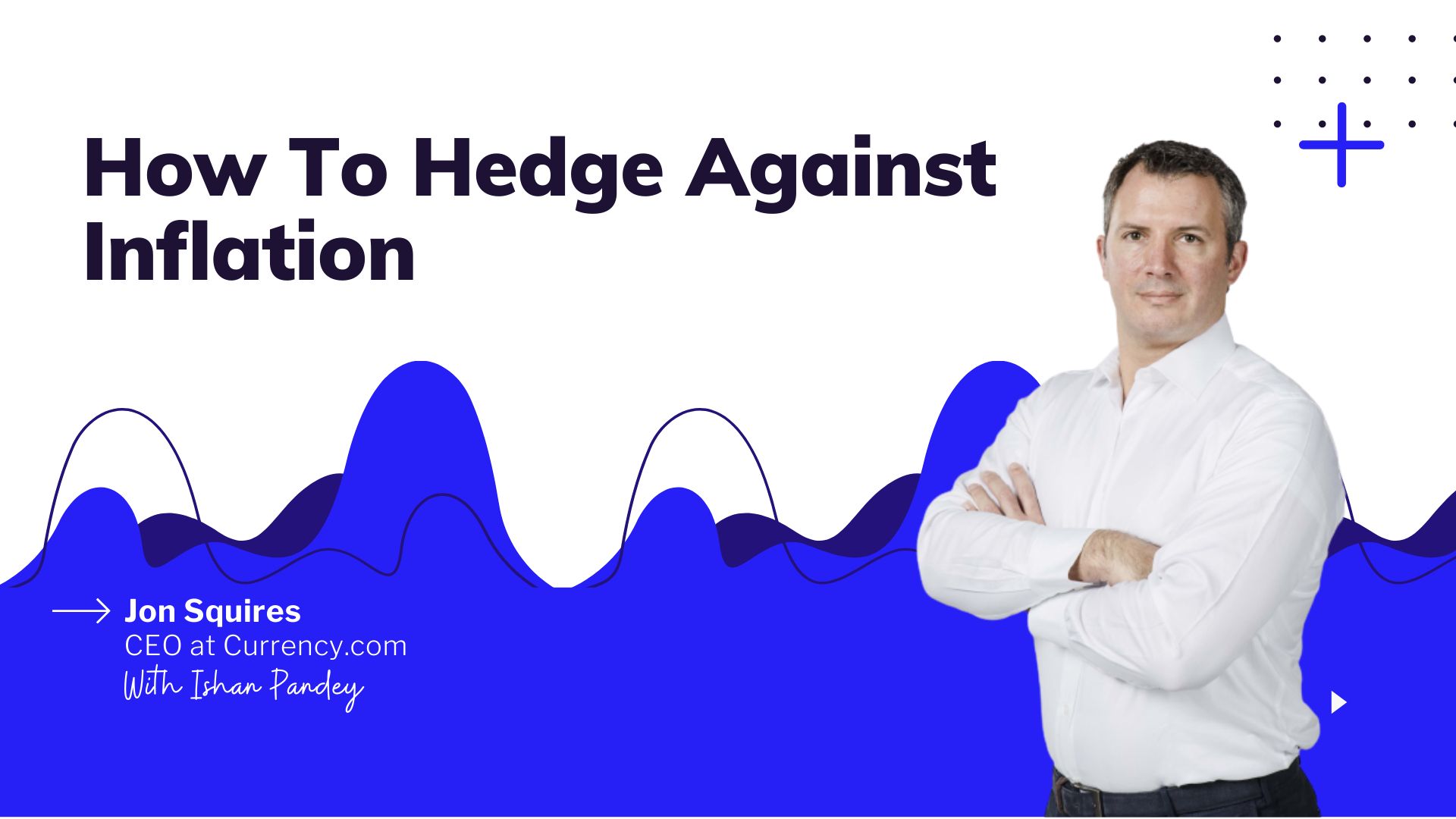511 reads
Jon Squires Interview: Key Tactics To Protect Yourself From Inflation
by
October 13th, 2020

Building and Covering the latest events, insights and views in the AI and Web3 ecosystem.
About Author
Building and Covering the latest events, insights and views in the AI and Web3 ecosystem.
